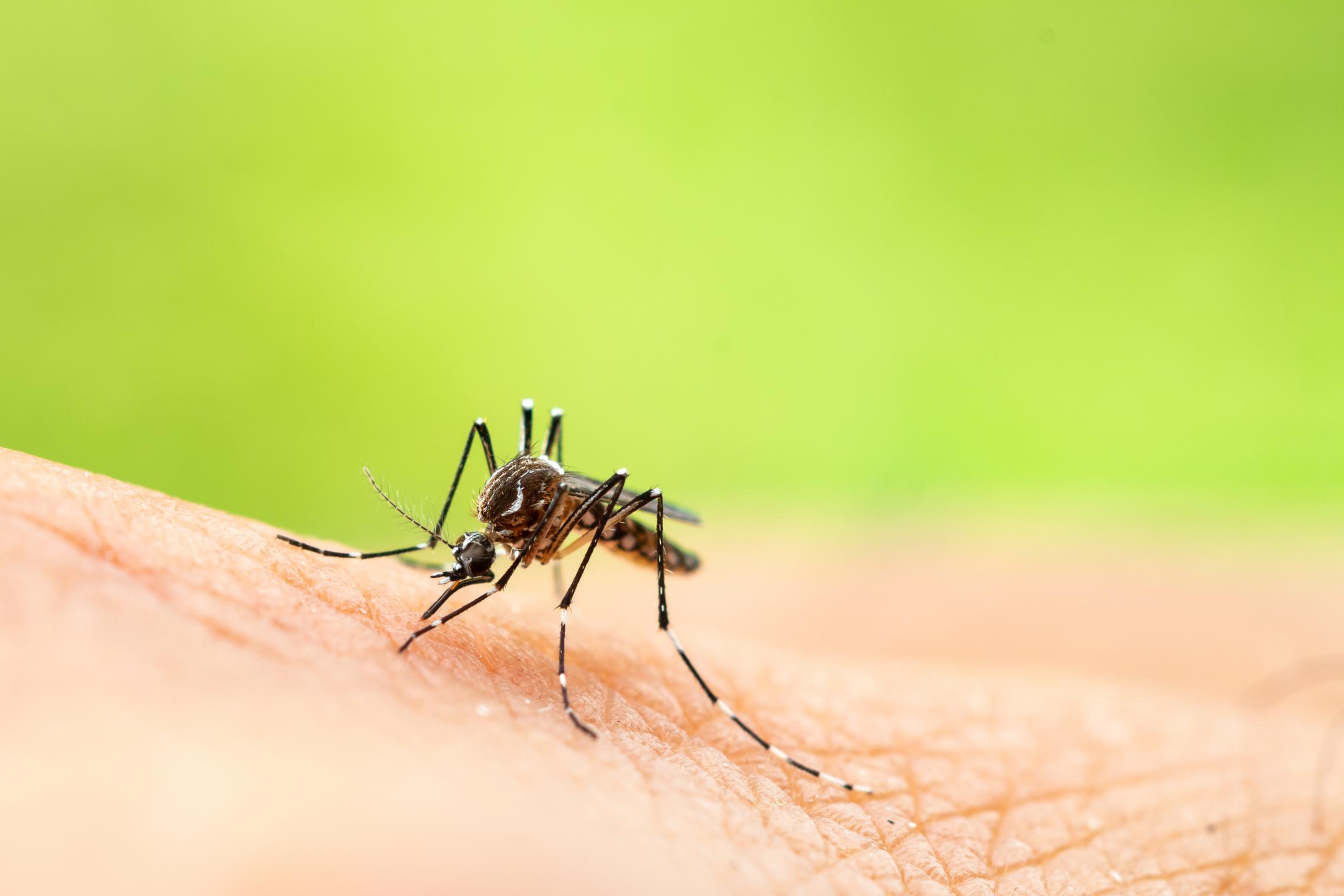
Zika virus is transmitted by mosquitos and can cause severe birth defects in infants born to infected mothers.
Researchers at the University of Adelaide have been awarded $1.35 million in funding to accelerate development of a world-first vaccine for the Zika virus.
Dr Branka Grubor-Bauk from the University of Adelaide's Adelaide Medical School, and Head of the Viral Immunology Group, Basil Hetzel Institute for Translational Health Research, Queen Elizabeth Hospital, received $675,000 in funding from the Federal Government's highly competitive Biomedical Translation Bridge program, which has a strong emphasis on projects which can lead to commercialisation.
A further $675,000 in matched funding will be provided by industry partners Enesi Pharma, The Hospital Research Foundation, Adelaide Enterprise Commercial Accelerator Scheme and the University of Adelaide's Faculty of Health and Medical Sciences.
Dr Grubor-Bauk said there was currently no therapy or approved vaccine for Zika - a mosquito-transmitted 'flavivirus' which causes microcephaly (a birth defect where a baby's head is significantly smaller than expected) and other severe birth defects in infants born to infected mothers.
"Zika virus is extremely dangerous if you're pregnant, severe birth defects such as microcephaly cannot be corrected, and the accompanying disabilities are lifelong and catastrophic," said Dr Grubor-Bauk.
"This research aims to develop a novel needle-free vaccine to prevent infection of pregnant women and the resulting devastating congenital effects in the unborn child."
"This research aims to develop a novel needle-free vaccine to prevent infection of pregnant women and the resulting devastating congenital effects in the unborn child."Dr Branka Grubor-Bauk
The novel formulation was developed in collaboration with industry partner Enesi Pharma, Oxford, UK and combines a protective Zika virus DNA vaccine with Enesi Pharma's ImplaVax® technology.
The technology delivers a single solid dose implant containing the vaccine through the skin and into tissue, without using a needle. Once inserted, the implant dissolves releasing the active ingredient over time and inducing the desired immune response.
"The ImplaVax® delivery system requires minimal if any training prior to use, enables rapid deployment, and can eliminate the need for cold-chain storage," Dr Grubor-Bauk said.
Thevaccine formulation and delivery system will offer significant benefits for patients, care givers and healthcare professionals.
The Biomedical Translation Bridge program, delivered by MTPConnect, is an initiative of the Medical Research Future Fund and aims to facilitate the translation of new therapies, technologies and medical devices through to the proof-of-concept stage and ultimately commercialisation.
In collaboration with colleagues from the University of Wisconsin-Madison, Harvard University and Duke-National University of Singapore, Dr Grubor-Bauk will use this funding to progress the necessary pre-clinical work to enable Phase 1 clinical trials in patients.
If successful, there is potential for the combined ImplaVax®-DNA vaccine technology to be rolled-out for other novel vaccination programs.
Professor Anton Middelberg, Deputy Vice-Chancellor (Research), said the project is further recognition of the outstanding and impactful research taking place at the University of Adelaide.
"In a time when we need breakthroughs in virus and infection control, it is exciting to see our researchers playing an important role in medical research which stands to benefit people on a global scale," Professor Middelberg said.
"It's also great to see universities, the Australian Government and industry partners working together to improve the health and wellbeing of Australians."
The Hospital Research Foundation CEO Paul Flynn said the organisation was proud to commit crucial matched funding to support the Biomedical Translation Bridge grant.
"If there's anything the events of 2020 have taught us, it's the importance of supporting virology research and developing vaccines and treatments for devastating diseases to keep our communities safe," Mr Flynn said.
"Thanks to our donors and ticket buyers in The Hospital Research Foundation Home Lottery, we have been proud to support Dr Grubor-Bauk's Viral Immunology Group based at the Basil Hetzel Institute for nearly 10 years and look forward to seeing their work progress with this outstanding funding achievement."
Dr Grubor-Bauk is also an affiliate of the Robinson Research Institute.






